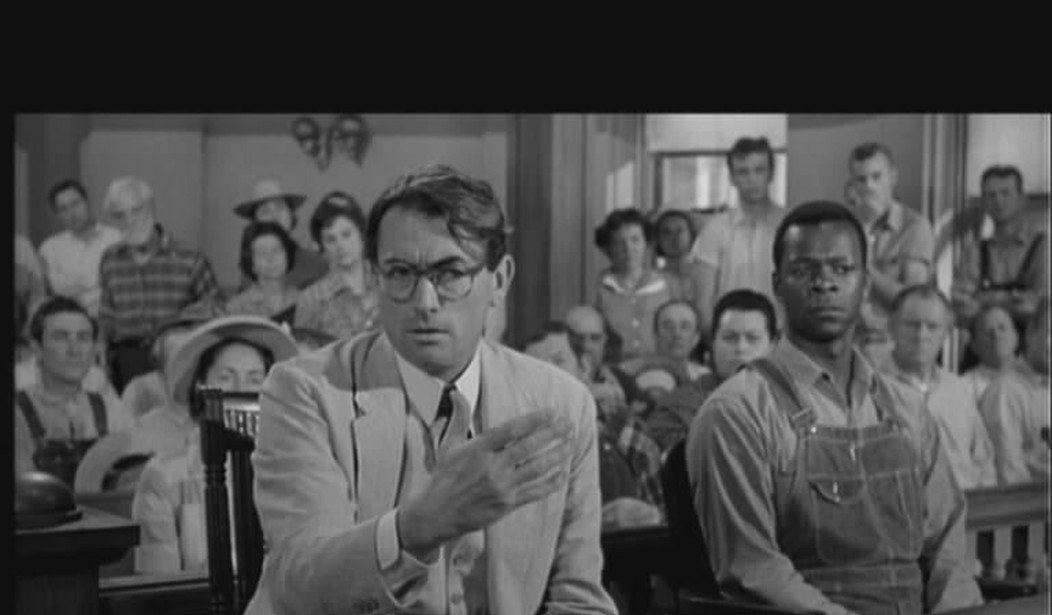In the days leading up to the release of Go Set A Watchman, the sequel to To Kill A Mockingbird (which remains my favorite book of all time), nearly every review of the book I read filled me with a sense of dread. Early reports of the book suggested a troublesome sequence of events, hinting that it was less “discovery of an old manuscript” and more “machinations of a conniving lawyer and publisher.” I help out hope that it would be a solid follow-up to the original… And, by “original,” I mean the book that was written because flashback elements of Go Set A Watchman were considered so compelling that the publisher wanted Jean Louise “Scout” Finch’s childhood, rather than adulthood.
The book itself is much shorter than To Kill A Mockingbird (I finished Watchman in a day, whereas Mockingbird does require a little more time), and where Mockingbird is set in first person, Watchman is set in the third person, though it does look through the eyes of Scout still. It features her on-again, off-again relationship with a childhood friend named Henry Clinton, who has since become an understudy of Atticus Finch, Scout’s father. Jem, the older brother of Scout, is long dead of a heart attack by the start of this story.
Initially, every review of Watchman said the same thing – Atticus, the man who staunchly defended Tom Robinson in Mockingbird, is actually a racist. A lot of those reviews pointed out the same sentences, somewhere toward the end:
“Do you want Negroes by the carload in our schools and churches and theaters?”
“You realize that our Negro population is backward, don’t you?”
These two lines feel like a slap across the face to anyone who remembers the trial of Tom Robinson. A man who fought for equal treatment under the law. The courts, he told the jurors, were the great equalizer.
But, in a book set just after Brown v Board of Education, we see an Atticus who refers to the Supreme Court’s decision as their “bid for immortality.” Even Scout admits that she was angry at the decision of the Court, saying it undermined the Tenth Amendment (the book has a couple of characters who are not racist saying, quite reasonably, that they fear the expansion of federal government*). Atticus, however, believes that the black community of Maycomb is in its infancy has a cultured people, and that they are not ready for the full rights of citizenship. He also calls himself a Jeffersonian Democrat.
The story itself, however, has a theme that is important: The downfall of idols. Scout is so taken aback by what she discovers about Atticus, and to a lesser extent, Henry, that it causes her to become physically ill. Atticus is someone to whom she has always looked up to. That he would sit at the table of a “citizens’ council,” where a racist was ranting about the evils of the blacks destroyed that image she had constructed of him from her childhood. She must reconcile reality with the dream.
It’s important that Scout realizes that she has to let go of this image of Atticus and settle on the harsh realities of who and what he is. Once that break happens, then she can stop running, which is what she had done all her life when something seemed wrong. One character likens it to allowing a god to come down to man’s level, because you’ll end up seeing flaws. Scout’s sudden discovery of Atticus’s flaws make her so sick she compares him to Hitler, which goes to show that Godwin’s Law has existed since well before the Internet even existed.
This discovery of Atticus’s humanity is the same discover we have to make at some point in our lives – our idols are not the golden gods we believe them to be, sometimes.
The story is not without its faults – if you are a Mockingbird fan, you will not like the way some characters (not just Atticus) have changed. But, that change ultimately reflect the times’ changes, as childhood and adulthood meet and the disillusioning happens. Whatever you read about the book, don’t reject it outright. I highly encourage you to read it because it is very much in the style of Harper Lee, and it is very much a story that you can learn a lot from.
Lastly, pay careful attention to that Uncle Jack character. Just a head’s up.
*I wrestled with the decision to make political points in this review, but ultimately decided against it (this time) because I didn’t want that to distract from the book itself. It is a good read.













Join the conversation as a VIP Member